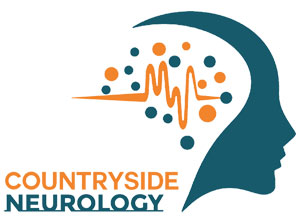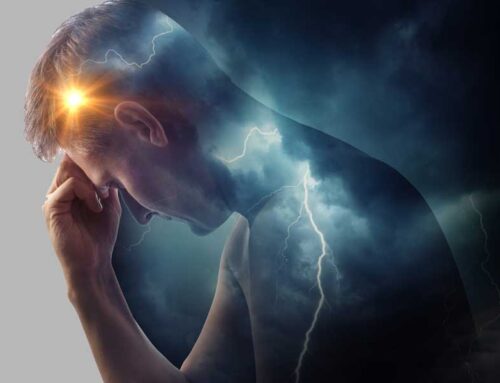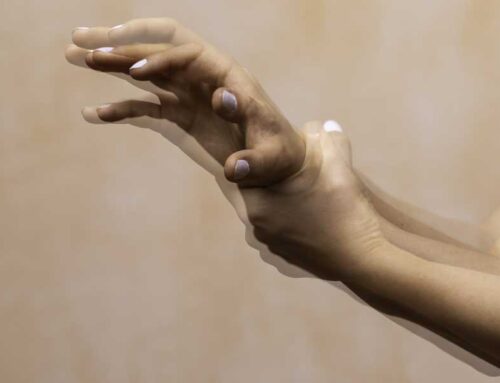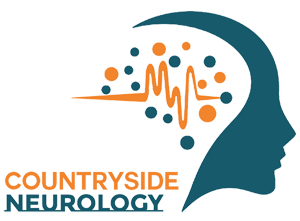Epilepsy, a neurological disorder characterized by recurrent seizures, has impacted many famous historical figures throughout history. While modern medicine has advanced our understanding and treatment of epilepsy, these individuals managed to leave an indelible mark on history despite facing the challenges of the condition.
1. Julius Caesar
The renowned Roman general and statesman, Julius Caesar, is believed to have had epilepsy. Historical accounts describe Caesar experiencing seizures, which some scholars attribute to complex partial epilepsy. Despite this condition, Caesar led Rome’s transformation from a republic to an empire, demonstrating his resilience and brilliance. His epileptic episodes were well-documented by historians, yet his leadership, military strategy, and political prowess overshadowed any perception of vulnerability, leaving a lasting legacy.
2. Fyodor Dostoevsky
Russian novelist Fyodor Dostoevsky, famous for works such as Crime and Punishment and The Brothers Karamazov, had epilepsy. His seizures began in his youth and persisted throughout his life, often influencing the themes in his literature. Dostoevsky used his personal struggles with epilepsy to explore the inner turmoil of his characters, adding layers of depth and authenticity to his psychological narratives. His work not only addressed the human condition but also raised awareness about epilepsy during a time when the disorder was poorly understood.
3. Vincent van Gogh
The famous post-impressionist painter Vincent van Gogh is thought to have suffered from epilepsy, specifically temporal lobe epilepsy. Some experts believe that his erratic behavior, hallucinations, and altered perceptions may have been linked to his condition. Although undiagnosed in his time, the epilepsy hypothesis helps explain some of Van Gogh’s more unusual behaviors, such as cutting off part of his ear. Despite his struggles, Van Gogh produced masterpieces that have influenced generations of artists, cementing his place in art history.
4. Napoleon Bonaparte
Napoleon, the legendary French military leader and emperor, is also suspected of having epilepsy. While his condition was never officially diagnosed, numerous reports of Napoleon having seizures exist. His rumored epilepsy did not prevent him from becoming one of the most successful military commanders in history. His life serves as a reminder that neurological conditions do not define a person’s ability to achieve greatness.
5. Harriet Tubman
A pivotal figure in American history, Harriet Tubman—known for her work as a conductor on the Underground Railroad—suffered from seizures following a head injury. Historians speculate that Tubman’s seizures were part of a condition related to epilepsy. Despite this, she managed to lead dozens of enslaved individuals to freedom, earning her the title of “Moses of her people.”
Conclusion
These historical figures with epilepsy overcame extraordinary challenges, achieving greatness in their respective fields. Their stories continue to inspire, showing that individuals with epilepsy can make monumental contributions to the world. At Countryside Neurology, we offer expert care for neurological conditions, including epilepsy, to help you live your life to the fullest.
Contact Us
📍 2595 Tampa Rd Suite V&W, Palm Harbor, FL 34684
📞 727-712-1567
💻 countrysideneurology.com
📸 Follow us on Instagram: @countrysideneurology




